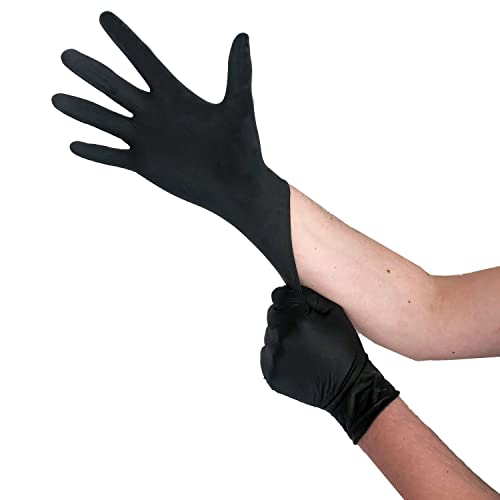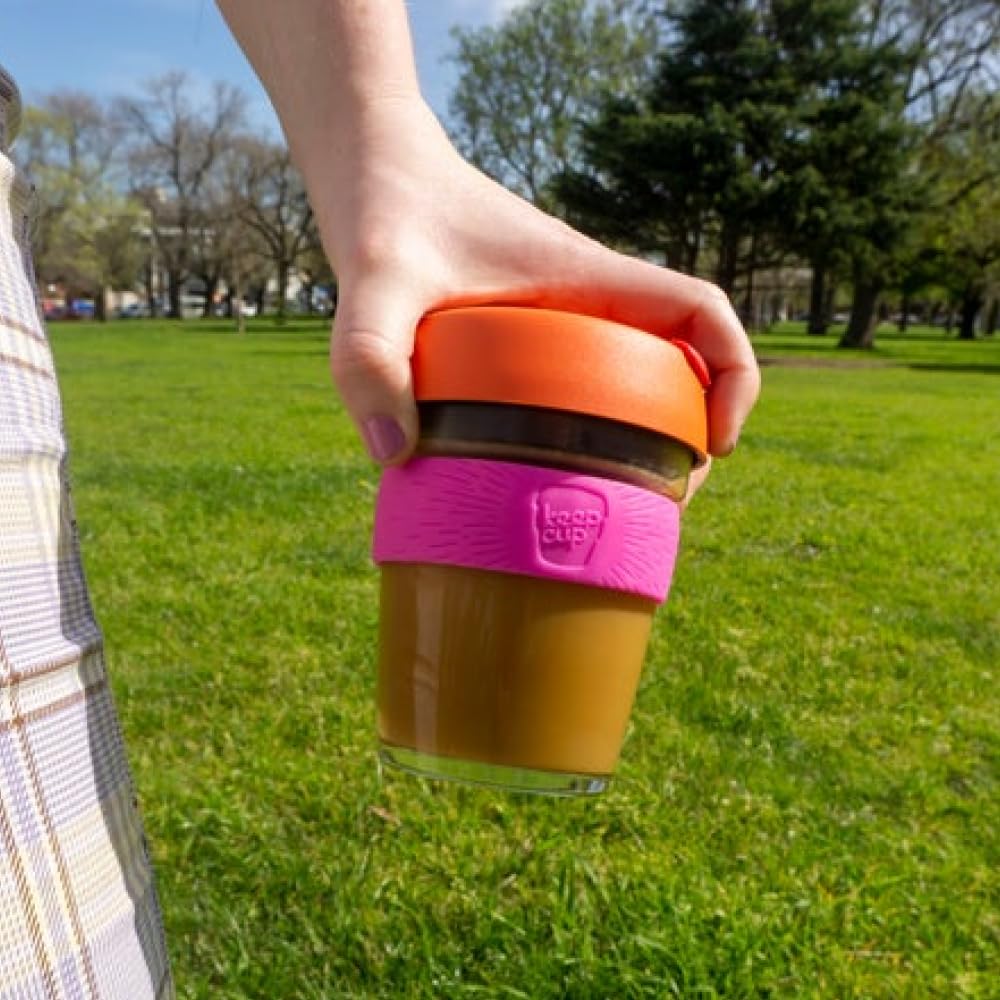Costume Da Bagno Donna ARENA W Melby - Tessuto Waterfeel X Life, Resistente Al Cloro, Taglio Favorevole





Consegna
- Resi gratuiti entro 30 giorni
Prodotti simili che potrebbero interessarti
Questi articoli potrebbero interessarti !








Dettagli del prodotto
Pronta per il nuoto o per prendere il sole? Il costume da bagno Arena W Melby è un classico affidabile! Realizzato in tessuto Waterfeel X Life, è altamente elastico, resistente al cloro e ai raggi UV, mantenendo forma e colore a lungo. Il taglio è favorevole sul petto, con una fascia passa-basso che sostiene senza stringere, e la schiena è a forma di U, comoda e moderna. La fodera interna è in 100% poliammide per maggiore opacità e comfort. L'apertura delle gambe è media, né troppo alta né troppo bassa, per una vestibilità sicura durante i movimenti. Perfetto per allenamenti in piscina, nuoto in mare o semplicemente per stare in spiaggia. Arena è un brand storico nel nuoto, quindi sai di acquistare qualità. Scegli il Melby per un look sportivo ed elegante!















